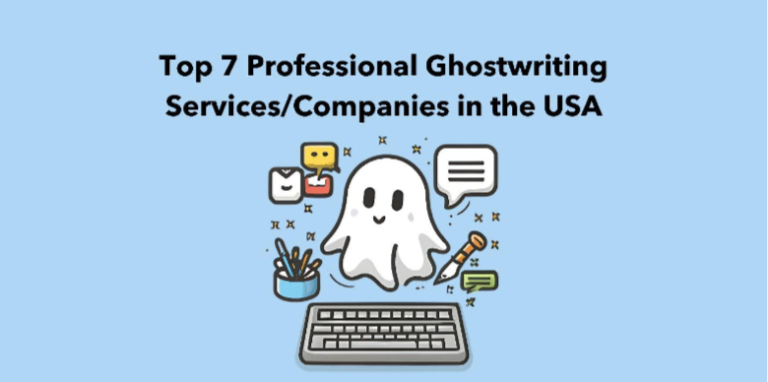Car buying companies play a significant role in the automotive industry by offering consumers a convenient and hassle-free way to sell their cars. Understanding how these companies operate and make money is crucial for both sellers and buyers. In this article, we will delve into the inner workings of car buying companies, exploring their revenue streams, pricing strategies, operational costs, and the impact of market trends. Additionally, we will examine the regulatory landscape and competitive dynamics that shape the car buying sector. By gaining insight into the mechanisms that drive these businesses, readers will be better equipped to navigate the car selling and buying process effectively.
1. Introduction to Car Buying Companies
Overview of the Car Buying Industry
In a world where buying and selling cars can be a daunting task, car buying companies offer a convenient solution for those looking to sell their vehicles quickly and easily. These companies act as intermediaries between sellers and buyers, streamlining the process and providing a hassle-free experience.
The Role of Car Buying Companies
Car buying companies specialise in purchasing used cars from individuals looking to sell their vehicles without the traditional hassles of selling privately. They evaluate the car’s condition, offer a price based on market value, and handle all paperwork and logistics involved in the sale. This allows sellers to avoid the complexities of negotiating with potential buyers and ensures a fast and efficient transaction.
2. Revenue Streams of Car Buying Companies
Buying and Selling Cars at Wholesale Prices
One of the primary revenue streams for car buying companies is purchasing used cars at wholesale prices from sellers and reselling them at retail prices. By acquiring cars at competitive rates and selling them at market value, these companies can generate profits from the price difference.
Value-added Services and Upselling
In addition to buying and selling cars, car buying companies often offer value-added services such as vehicle inspections, detailing, and extended warranties. These services not only enhance the overall customer experience but also provide additional revenue streams for the company. Furthermore, upselling products like maintenance plans or financing options can boost profits for car buying companies.
3. Pricing Strategies in the Car Buying Industry
Factors Influencing Pricing Decisions
Car buying companies consider various factors when determining the purchase price of a used vehicle, including the car’s make and model, mileage, age, condition, market demand, and current market trends. By analysing these factors, companies can offer competitive prices that attract sellers while ensuring profitability.
Negotiation Tactics in Car Purchases
Negotiation plays a crucial role in the car buying industry, with companies using a mix of market knowledge, pricing strategies, and communication skills to secure favourable deals with sellers. By engaging in effective negotiations, car buying companies can maximise their profit margins while providing sellers with fair offers that meet their expectations.
4. Operational Costs and Profit Margins
Costs Involved in Car Acquisition and Resale
Car buying companies incur various operational costs, including expenses related to vehicle inspection, repairs, marketing, administrative tasks, and overhead costs. These costs factor into the overall cost of acquiring and reselling cars, impacting the company’s profit margins.
Calculating Profit Margins in Car Transactions
To determine profit margins in car transactions, car buying companies subtract the total costs associated with acquiring and reselling a vehicle from the final selling price. By accurately calculating profit margins, companies can assess the profitability of each transaction, identify areas for improvement, and make informed business decisions to optimise their operations.
5. Market Trends Impacting Car Buying Companies
Shifts in Consumer Preferences and Behavior
Today’s car buyers are all about that seamless shopping experience – from browsing to buying. Car buying companies are adapting by offering online platforms, transparent pricing, and convenient services to meet the demand for hassle-free transactions.
Technological Advancements in the Car Buying Process
Innovations like virtual vehicle inspections, AI-powered pricing algorithms, and automated paperwork processing are revving up the car buying industry. By embracing tech, car buying companies are streamlining operations and enhancing customer experience. Rental Car in Morocco
6. Regulatory Considerations for Car Buying Businesses
Licensing and Compliance Requirements
To navigate the regulatory maze, car buying companies must secure the necessary licences and comply with state laws governing vehicle sales. Staying on top of legal requirements ensures smooth operations and builds trust with customers.
Consumer Protection Laws and Best Practices
Consumer protection is the name of the game. Car buying businesses must adhere to fair practices, provide accurate information, and protect consumers from fraud or deceptive tactics. By prioritising ethics and transparency, companies can foster long-lasting customer relationships.
7. Competition Analysis in the Car Buying Sector
Key Players in the Car Buying Industry
From traditional dealerships to online platforms, the car buying sector is a crowded parking lot. Major players like We Buy Any Car, Vroom, and Shift are revving up the competition with diverse offerings and marketing strategies.
Strategies for Differentiating in a Competitive Market
To stand out in a sea of competitors, car buying companies are revving up their creativity. Offering unique services, personalised experiences, and value-added perks can drive customer loyalty and keep the competition in the rearview mirror.In conclusion, the operations and profit mechanisms of car buying companies are multifaceted and influenced by various factors. By shedding light on how these businesses make money, we have provided a valuable perspective for individuals looking to engage with car buying companies. As the automotive industry continues to evolve, understanding the intricacies of these companies will empower consumers to make informed decisions and navigate the car market with confidence.
Brit is a passionate writer with a love for storytelling and exploring the depth of human experience through words. With a keen eye for detail and a thoughtful voice, Brit crafts pieces that resonate with readers and spark meaningful reflection. When not writing, Brit enjoys quiet moments with a good book, long walks, and finding inspiration in everyday life.






